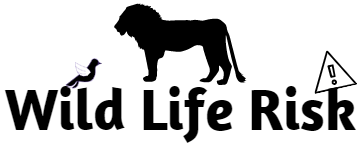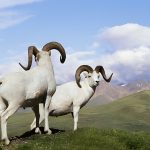How to Keep Farm Animals Healthy?

Sickness in farm animals can greatly affect the economy and biodiversity of a country. Caring for sick animals causes loss of money, time, and also bad health effects on other animals.
The best thing you can do for your animals is preventive care. Obviously, clean water, appropriate food, and a healthy environment are essential. These necessary items let livestock eat, rest, and grow naturally. However, you can take other preventive measures which will ensure your animals’ health.
In this blog, we have recommended some tips which will help you in this regard.
Vaccinate
Yes! Farm animals also require proper vaccination as humans. For this, you need to continue in touch with your veterinarian to stay up to date on vaccinations. This will help your animals to remain safe from parasites, ultimately keeping them healthy.
Protect their feet
Animals like cattle, horses, pigs, and goats require their hooves trimmed regularly. It not only prevents their lameness; but also gives you a chance to inspect their hooves and catch possible infections.
Installing groove throughout the barn floor and rubber mats at feed alleys will also protect hooves from extra wear and tear in your farm animals.
Handle with care
You must always remain calm and gentle with your animals. Being impatient can make them nervous and negatively affect their productivity. They may also suffer from anxiety and other physical and mental disorders.
Young animals always require extra care while they are adjusting to their environment. Be sure to provide clean water and a dry place for them to sleep. This will help them stay healthy and sound.
Dock and Dehorn them
Sometimes it’s very essential to dehorn the cattle, goats, or sheep to protect themselves, other animals, and also yourself from getting injured. In sheep and pigs, it’s quite common to dock their tail to prevent flies from infesting the hind wool.
Be in touch with veterinarian and nutritionist
Always stay connected with your veterinarian and nutritionist. A veterinarian helps in making decisions on how to best care for animals while nutritionists formulate a diet for proper growth and development of an animal.
It’s never recommended to try doses and diet for your animal by yourself. Because you never know when your try might prove detrimental for them. Therefore, you need to be cautious in every matter when it comes to the health of your pets and animals.
Making use of technology
Technology facilitates consistent and accurate monitoring of an animal’s health by providing timely and accurate interpretations in the form of structural statistics. The advent of imaging tools and livestock scales helps you to monitor cattle health and help make informed decisions regarding rearing and feeding patterns.
Providing essential supplements
Always add supplements in your animals’ diet because they help in boosting animal’s health and productivity by encouraging the growth of beneficial microbes in the rumen. For example, the presence of clover in the diet improves the production of milk and increases the appetite of livestock. Similarly, tar brush supplements prevent gastrointestinal acidosis in the farm animals.
Read more: Some Common Mistakes that You Do While Choosing Food for Your Dog







